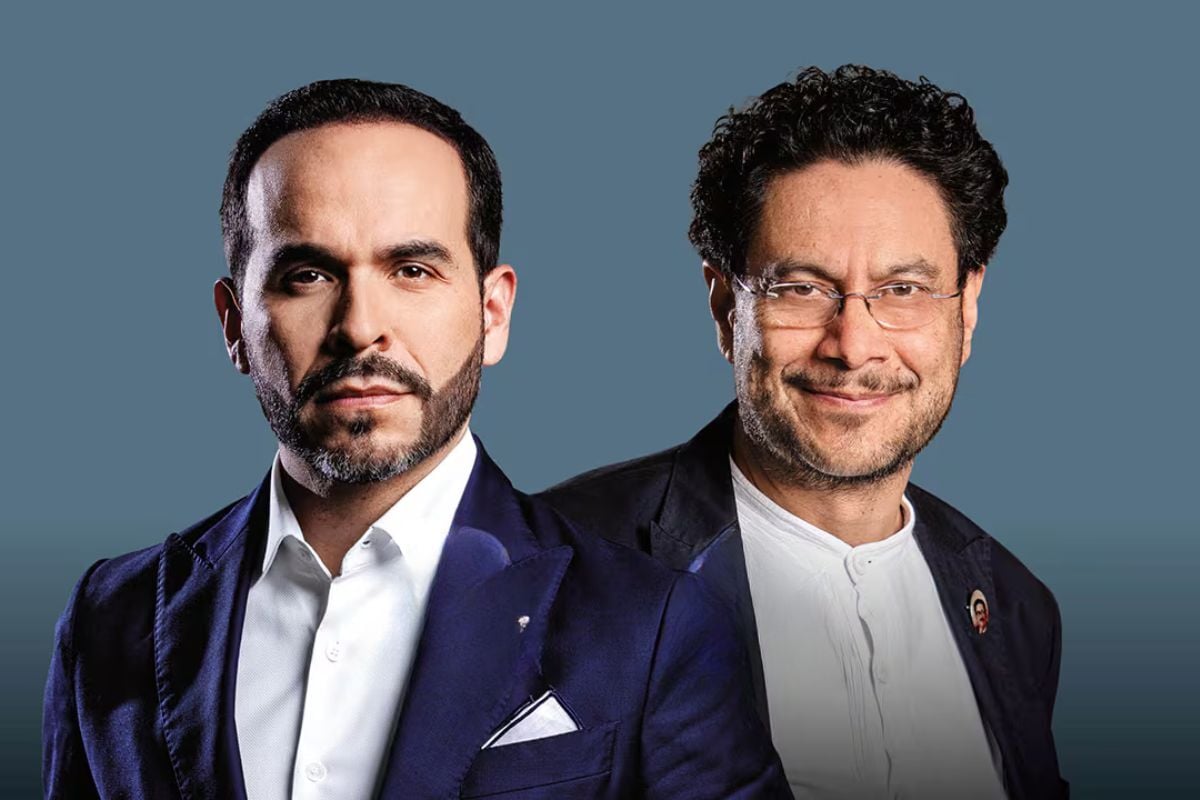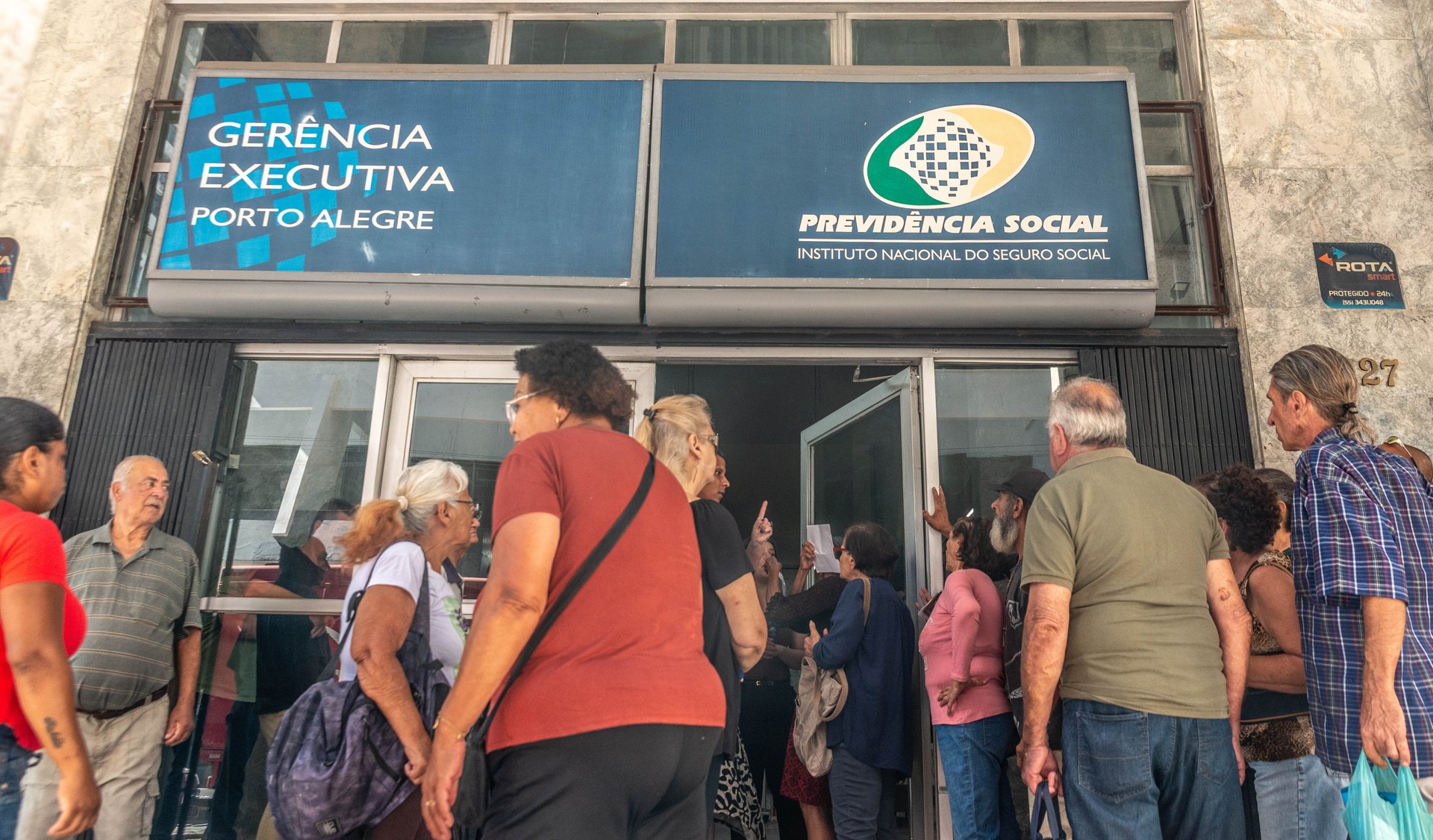- Home
- Posts
- 🇪🇺 Deal spoilers
🇪🇺 Deal spoilers

Jun 11, 2024
•
12 min read
You’re missing out on the full story
Get smarter on Brazil and Latin America
Enjoy 14-day free trial now!The full picture. The sharpest takes. All in your inbox, every day:
- 🏆 Award-winning journalism, trusted worldwide
- 📊 Exclusive charts and analyses
- 🗃️ Archive access
- 💬 Commenting









